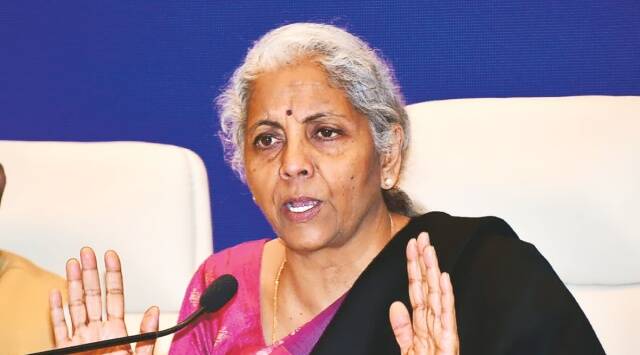
In a recent statement, Finance Minister Nirmala Sitharaman listed various items that have become cheaper after the implementation of the Goods and Services Tax (GST) in India. She expressed her disappointment over the negative perception surrounding GST and criticized those who label it derogatorily. This report provides a detailed analysis of the cheaper items highlighted by Sitharaman, her defense of GST, and the criticisms surrounding the tax reform.
Cheaper Items After GST Implementation
Nirmala Sitharaman listed several items that have become more affordable after the introduction of GST. Some notable examples include:
Household Items: Products such as LED bulbs, kitchen utensils, and tableware have witnessed price reductions, benefiting consumers.
Personal Hygiene Products: Items like soaps, toothpaste, and sanitary napkins have become cheaper, promoting better hygiene practices.
Daily Essentials: Food items like tea, coffee, spices, and sweets have seen price reductions, leading to cost savings for consumers.
Electronics: Items like mobile phones, laptops, and TVs have become more affordable due to reduced tax rates, enabling wider access to technology.
Construction Materials: Cement and other construction materials have experienced price reductions, positively impacting the real estate and infrastructure sectors.
Sitharaman’s Defense of GST
Sitharaman defended the GST system, highlighting its positive impact on the economy. Her key arguments include:
Streamlined Tax Structure: GST has replaced multiple indirect taxes, creating a unified tax structure that simplifies compliance and reduces tax cascading effects.
Improved Ease of Doing Business: GST has enhanced ease of doing business by eliminating state-level barriers and unifying tax processes across the country.
Increased Tax Compliance: GST’s digital infrastructure and transparent system have led to increased tax compliance and reduced tax evasion.
Promoting Formalization of Economy: GST has encouraged businesses to operate within the formal economy, contributing to greater transparency and accountability.
Criticisms Surrounding GST
Despite Sitharaman’s defense, the GST system has faced criticism on various fronts, including:
Complex Compliance: Some businesses argue that complying with GST regulations is burdensome and involves high compliance costs, particularly for small and medium enterprises.
Tax Slab Rationalization: Critics have raised concerns about the multiplicity of tax slabs and frequent changes in rates, which can lead to confusion and challenges in tax planning.
IT Infrastructure Challenges: The implementation of GST has faced technological hurdles, such as glitches in the GST Network (GSTN) portal and issues related to filing returns and obtaining refunds.
Impact on Informal Sector: Certain sectors, especially those comprising predominantly informal or unorganized businesses, have experienced difficulties in adapting to the formalized GST regime.

